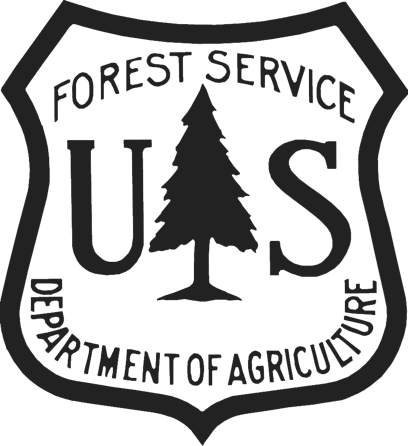Forecast for the Salt Lake Area Mountains

Issued by Nikki Champion on
Tuesday morning, March 30, 2021
Tuesday morning, March 30, 2021
The avalanche danger is LOW. Watch for unstable snow on isolated terrain features. Remember that risk is inherent in mountain travel.
Shallow soft slabs of wind drifted snow may be found along upper elevation north-facing terrain features today. Falling in steep terrain and being unable to stop on the hard, refrozen snow surface remains a hazard.
Continue to maintain safe travel habits; this means exposing one person at a time to avalanche terrain, having someone watch them from a safe location, and not traveling above or below other parties.

Low
Moderate
Considerable
High
Extreme
Learn how to read the forecast here




